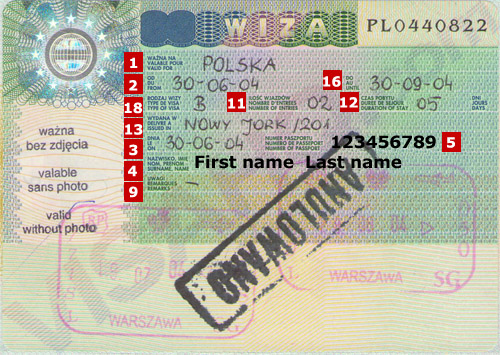Poland Embassy list in Denmark
Need help?Chat with us
Importance of Trip Registration at the Poland Embassy
Registering your trip with the Poland embassy is crucial for ensuring safety, effective communication, and access to support during emergencies. In case of natural disasters such as earthquakes or floods, having your travel information on file enables the embassy to provide timely updates and assistance. For travelers caught in political unrest, the embassy can offer evacuation guidance and advice on safe areas to stay. Additionally, in medical emergencies where immediate assistance is needed, registration allows the embassy to respond quickly and connect you with local medical services or even coordinate repatriation if necessary. Overall, trip registration fosters a stronger safety net, giving both travelers and their families peace of mind when abroad.
Poland Embassy FAQs
Can the Poland embassy assist in legal issues abroad?
Yes, the Poland embassy can provide guidance and resources for legal issues faced by Polish citizens abroad, including information on local legal services.What should I do if I lose my Poland passport in Denmark?
If you lose your passport in Denmark, immediately report the loss to the local authorities and then visit the Poland embassy for assistance in obtaining a replacement.How can I contact the Poland embassy in Denmark?
You can contact the Poland embassy through their official website, where you’ll find phone numbers, email addresses, and physical office hours.Does the Polish embassy offer help with travel insurance?
While the embassy cannot provide travel insurance directly, they can offer guidance on options available for travelers in Denmark.
Services Provided by Poland Embassies in Denmark
Passport Services
- Issuance of new passports
- Renewal of existing passports
- Replacement of lost or stolen passports
Visa Issuance for Foreign Nationals
- Visa applications for non-Polish citizens
- Information on visa types and requirements
Assistance in Legal or Medical Emergencies
- Legal aid advice and referrals
- Coordination for medical emergencies and local healthcare options
Travel Alerts and Safety Updates
- Travel advisories for security and safety
- Updates on local conditions affecting travelers
Support for Nationals Detained Abroad
- Assistance for Polish citizens who are detained or arrested in Denmark
- Legal referrals and support during detention processes
Summarized Diplomatic Presence
Poland maintains a robust diplomatic presence in Denmark, primarily through its embassy located in Copenhagen. The embassy serves as a vital link between Poland and Denmark, facilitating diplomatic relations, economic cooperation, and cultural exchange. This mission is crucial in addressing consular needs, promoting Polish interests, and offering support to Polish nationals living or traveling in Denmark. The embassy also engages in collaborative initiatives to strengthen bilateral ties, reflecting the importance of the relationship between the two nations in areas such as trade and investment, education, and security.
